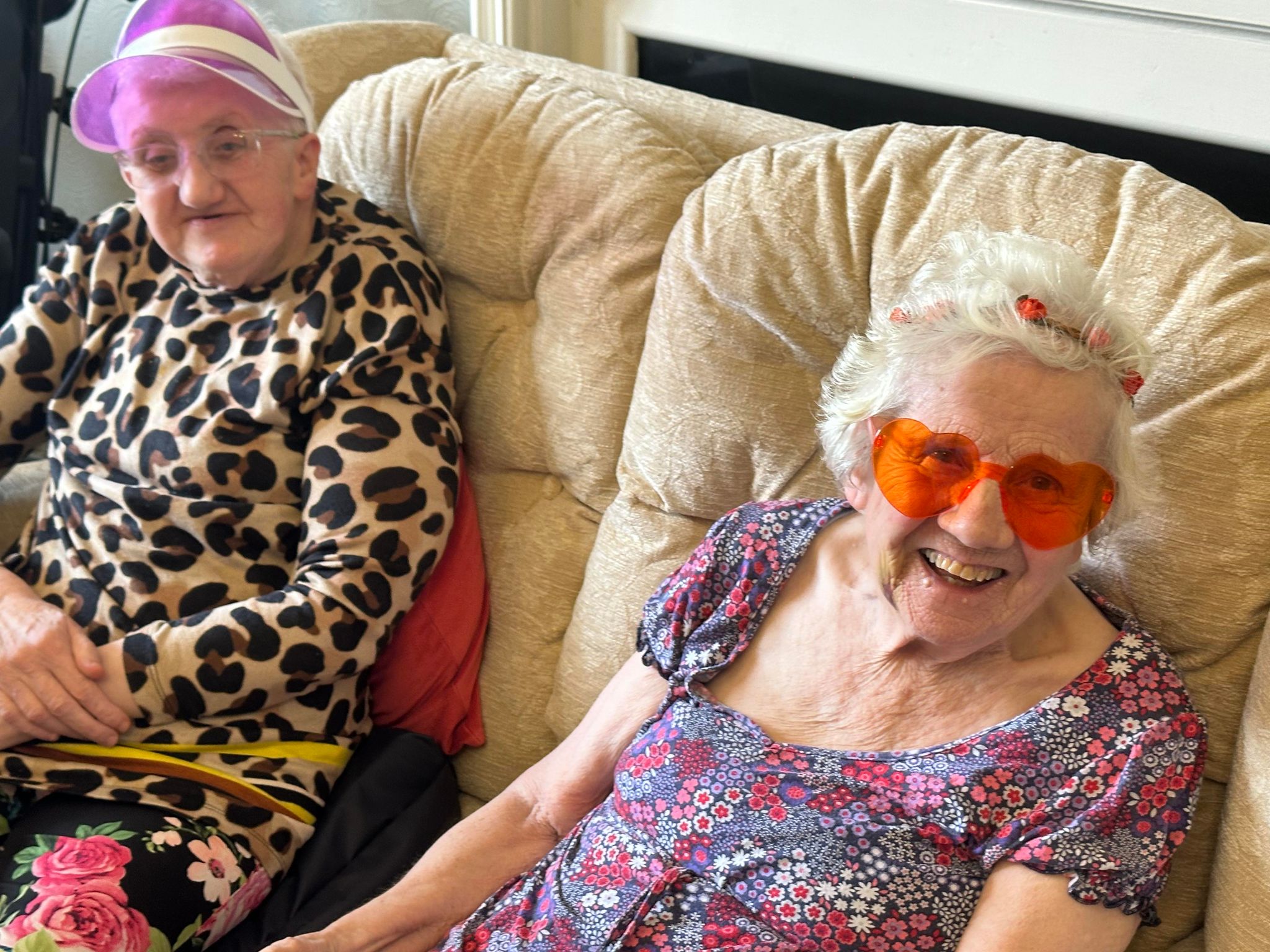One of the largest-ever research projects on older people’s experiences of living in a residential care home has revealed people thrive in care home settings.
The research was carried out by My Home Life England, which is part of St George’s, University of London. Researchers gathered information from older people living in a residential care home, their families, and from care teams across the UK.
The research was carried out by My Home Life England, which is part of St George’s, University of London. Researchers gathered information from older people living in a residential care home, their families, and from care teams across the UK.
Commenting on the research Geoffrey Cox, the managing director of Southern Healthcare, said: “This is very useful and confirmatory research. Many of us know that people can thrive in residential care, despite perceptions and rhetoric to the contrary. Many providers know how to ensure quality of life and deliver this brilliantly. All elements of the health and social care system should be commissioned to fully meet people’s needs.”
In this blog, we take a look at the ways in which older people thrive in a residential care home setting:
- Relationships
Many older people living in the community face isolation and loneliness. The research says moving into a residential care home opens up opportunities for socialising, developing relationships with friends and carers, and feeling like part of a family.
- Activities
Meaningful, engaged, and structured activities in a residential care home setting are integral to supporting the physical, mental, and social wellbeing of older people living in care. The research says person-centred activities can be enriching, stimulating and enjoyable, as well as opening new opportunities for socialising, making new friends and active citizenship. At Southern Healthcare, care home residents have access to a range of activities including musical entertainment, craft, baking, trips to the pub, animal visits, day trips, group discussions and more.
- Inclusivity
When people feel included, they feel welcome, safe, and respected, so that they are able to express the fullness of their identity. This approach empowers people to have a voice and express, opinions, insights, and needs.
- Safety
Feeling safe and secure in a care home environment is essential for psychological wellbeing. A sense of safety builds the foundations from which someone can grow and thrive. The safety and security of loved ones is also vitally important for the families of people living in a residential care home.
- Dignity
The report highlights that communication with others, social inclusion, supporting health options, and having a choice in what happens in daily life are crucial for wellbeing and dignity in later life. Moving into a residential care home can also remove domestic worries like paying bills. Although, residents are empowered to help with domestic chores at Southern Healthcare homes because this can help provide them with a sense of purpose in their daily routines.
- Health
When older people have access to around the clock medical care and support in a residential care home, it can relieve the pressure on families, and it gives care teams the opportunity to notice changes in a resident and react to them quickly. Care homes are able to provide integrated healthcare with medical professionals.
Hopefully, the research will help to change the rhetoric on residential care home settings by showcasing the ways in which older people thrive in a safe and enriching, care environment.
